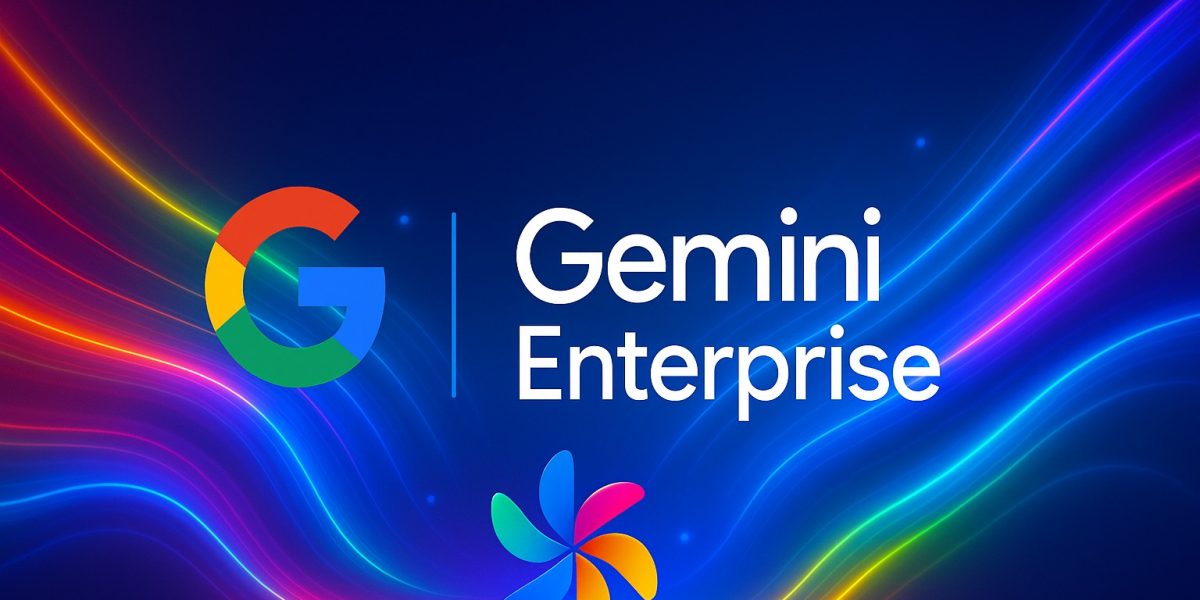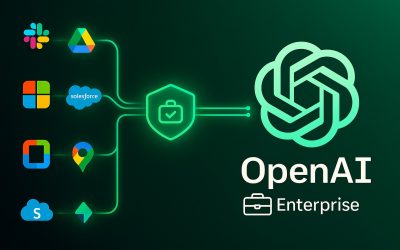Google has introduced Gemini Enterprise, a dedicated artificial intelligence platform designed specifically for corporate environments. This launch represents the tech giant’s intensified push to capture more business customers through its AI capabilities.
According to Google, Gemini Enterprise runs on the company’s most advanced AI models and functions as a conversational platform where employees can interact with their organization’s data, documents, and applications. The move positions Google more aggressively in the enterprise AI space, where competition has heated up considerably.

Understanding the Competitive Landscape
Technology companies including Microsoft, ChatGPT creator OpenAI, and AI startup Anthropic have concentrated their efforts on enterprise-focused products. These solutions promise to deliver better returns on their substantial AI investments by targeting businesses willing to pay premium rates for productivity tools.
Gemini Enterprise offers capabilities comparable to competing platforms. The package includes a collection of ready-to-deploy Google AI agents designed for specific business tasks such as in-depth research and data analysis. Beyond these pre-configured options, Google is providing companies with the tools they need to build and deploy their own customized AI agents.
Early Adoption and Client Portfolio
Google has already secured notable clients for the platform. Clothing retailer Gap, software development company Figma, and buy-now-pay-later lender Klarna represent the initial wave of businesses adopting Gemini Enterprise. These early partnerships span different industries, suggesting Google’s platform addresses varied business needs rather than serving a single vertical.
Building on Google Workspace Foundation
The new platform extends Google’s existing corporate offering through Google Workspace, which already delivers various Gemini-powered AI features to business users. Rather than starting from scratch, Google is leveraging its established enterprise presence while adding more sophisticated AI capabilities specifically tailored for complex organizational workflows.
This approach gives Google an advantage: businesses already using Workspace can integrate Gemini Enterprise into their existing infrastructure more seamlessly than adopting an entirely new platform. For IT departments managing multiple software systems, this continuity matters significantly when evaluating new technology investments.
What This Means for Business AI Adoption
The enterprise AI market continues evolving rapidly as major technology companies refine their offerings. Google’s Gemini Enterprise entry signals that conversational AI platforms with data integration capabilities have moved beyond experimental phases into practical business tools.
For organizations evaluating AI solutions, the growing number of enterprise-focused platforms creates both opportunities and challenges. More options mean better chances of finding the right fit, but also require more thorough evaluation processes to identify which platform best addresses specific business requirements.
The inclusion of custom agent development tools particularly stands out. Rather than forcing businesses to adapt their processes to pre-built AI solutions, Google is enabling companies to create AI agents that fit their unique workflows and requirements. This flexibility could prove decisive for organizations with specialized operations that don’t match standard business templates.
Google’s Gemini Enterprise launch demonstrates the company’s commitment to competing seriously in the corporate AI market. With established clients already onboard and a foundation built on the widely-used Workspace platform, Google has positioned itself as a credible alternative to Microsoft’s enterprise AI offerings and specialized solutions from OpenAI and Anthropic.
The platform’s success will likely depend on how effectively businesses can integrate it into existing workflows and whether the custom agent development tools prove accessible enough for companies without extensive AI expertise. As the enterprise AI space matures, practical implementation and measurable productivity gains will matter more than theoretical capabilities.




Post a comment